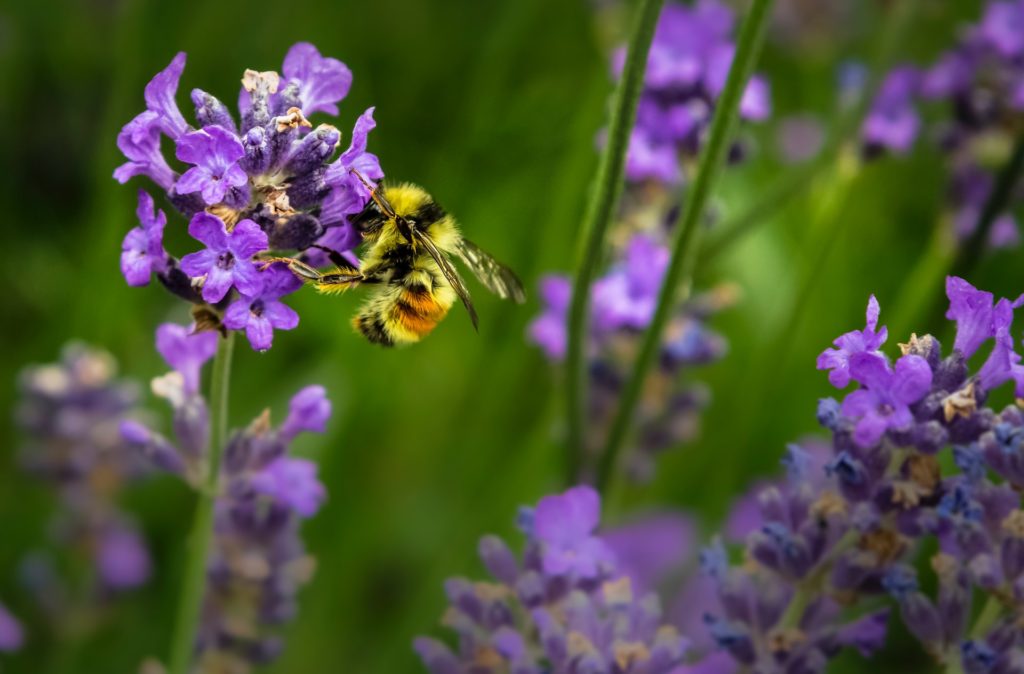The grassy areas between roads and sidewalks (sometimes called road verges) were mowed more correctly and in a more bee-friendly way this spring, according to the Flemish infocentre for agriculture and horticulture (VILT).
When it comes to road verges managed by municipalities and cities, there were 80% fewer reports of harmful mowing made to the Flemish Beekeeping Institute (VBI) compared to last year, though VBI says there’s still work to be done for the verges that fall under the responsibility of the Agency for Roads and Traffic.
“Mowing too early is harmful to plants and flowers that have not yet been able to give off seeds,” explained René De Backer, chairman of the Flemish Bee Institute (VBI).
“It’s important, because Flemish roadside verges are larger in area than all recognised nature reserves combined. Honey bees, and certainly wild bees, which forage very locally, need continuous strips of flowers.”
In total, the Flemish road network has almost 25,000 hectares of roadside verges. Around 9,000 hectares of those are managed by the Roads and Traffic Agency, according to VILT. The remaining verges are the responsibility of the cities and towns.
A decree was made stating that roadside verges may only be mowed from 15 June onwards, with an exception for mowing for safety reasons.
For the past two years, the VBI has been monitoring the bee-friendly management of these Flemish roadside verges.
While many local authorities, environmental services and environmental councils have made use of the VBI's service and knowledge to make their roadsides more suitable for insects, violations of the degree remain, in particular when it comes to those areas managed by Roads and Traffic.
“Here there are huge violations,” said De Backer.
“From the beginning or middle of May onwards, some roads are already mowed.”
There are regional differences, as well: the issue is worse in West Flanders, for example, than in Antwerp. The Flemish Beekeeping Institute will enter into discussions with the parties involved in the violations.
Still, progress has been made in terms of more sustainable and eco-friendly mowing schedules and methods.
Many municipalities now manage their road verges more actively, aiming for flower-ruch borders that are both visually appealing and helpful for insects and bees.
In East Flanders, sheep are used to maintain the grasses.
“The choice of sheep grazing is made for various reasons,” said Mobility Minister Lydia Peeters (Open Vld).
“For high, steep slopes that are difficult to manage, sheep grazing is ideal. Sheep can also stop undesirable vegetation, such as American Bird Cherry, from encroaching.”
Peeters said that the mowing will continue to be managed with careful attention to ecology, while maintaining road safety as the ultimate priority.
“The choice of woody or grassy vegetation is always made, first of all, in terms of road safety and then in terms of biodiversity, management costs and integration into the landscape,” said Peeters.

